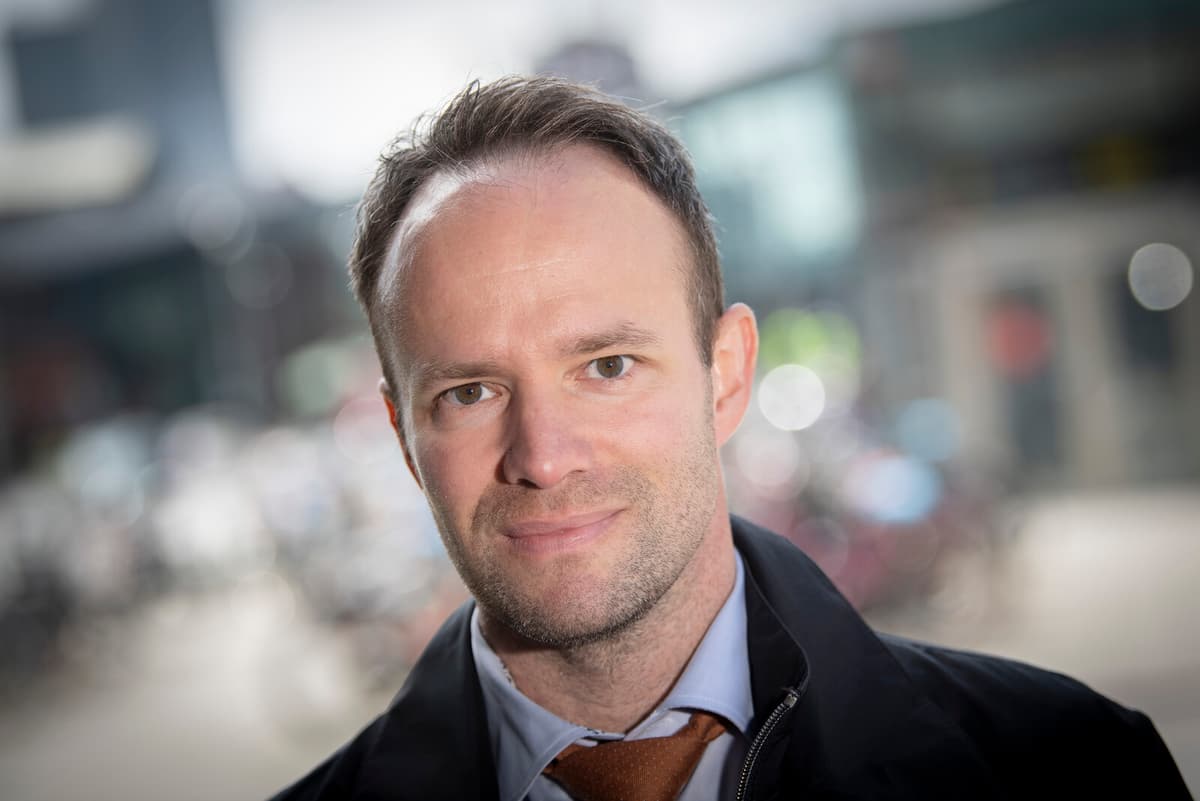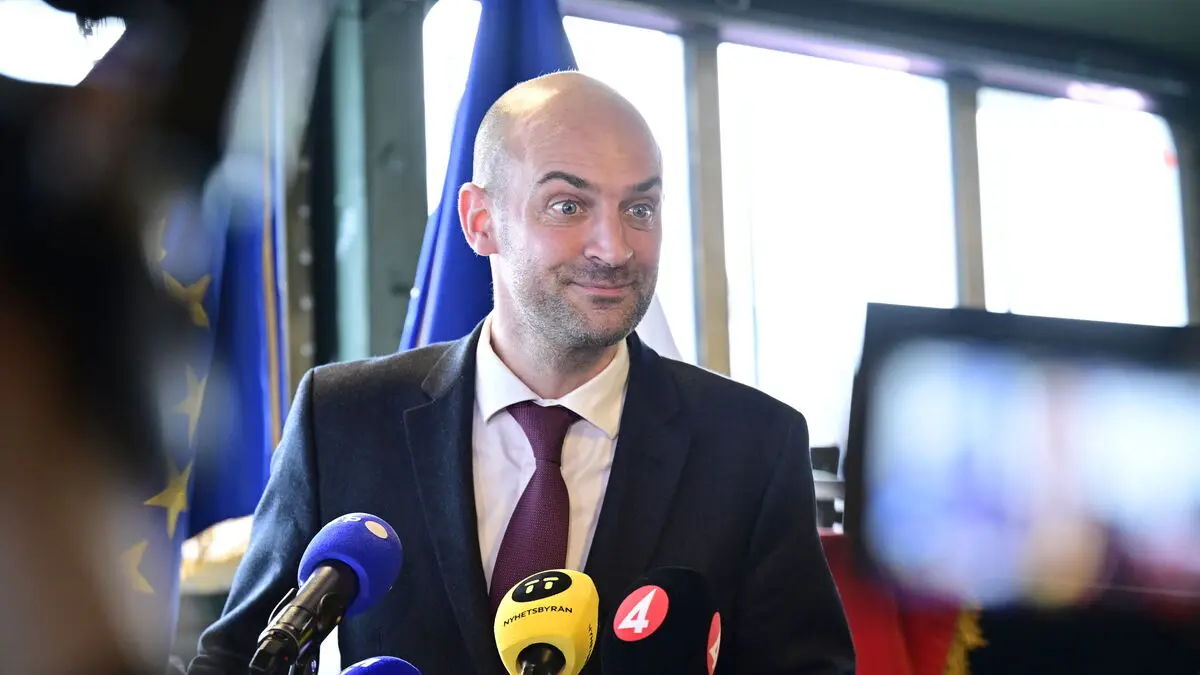With a large majority, the Israeli parliament passed two laws on Monday evening that prohibit all UNRWA activities in Israel. UNRWA is a "Hamas aid organization", claimed parliament member Boaz Bismuth.
This has been going on for a long time. Israel has been at war with various UN agencies for many years, and even more so during the war, says Anders Persson, a political scientist at Linnaeus University with a focus on the Middle East.
Israel has, among other things, accused several UNRWA employees, who have around 13,000 employees in Gaza, of collaborating with Hamas. The UN has launched an investigation and dismissed nine employees following the Israeli accusations.
School and Healthcare
UNRWA has provided millions of Palestinians with education, healthcare, and economic assistance with support from the EU and many Western countries, including Sweden, for over 70 years.
The support, says Persson, is usually motivated by three reasons: a secure future for all Palestinian refugees, a maintained possibility of a two-state solution, and stability and security in the region.
He emphasizes that it is unclear exactly what this means for UNRWA's opportunities to operate in Gaza and the West Bank, but that it could potentially have enormous consequences. He does not believe, however, that the last word has been said.
Punching Bag
I'm not sure this will go through. I think, for example, that the next American president could say that this is a bad idea, especially if it's Kamala Harris.
One of the lessons from the Middle East over the past 20 years is, notes he, that the breakdown of state and government structures is very costly.
UNRWA is, for better or for worse, one of the supporting institutions in Gaza. It's an easy punching bag with many flaws, and critics have many good points. But what's the alternative? If UNRWA doesn't provide education to all these young people, who will do it then? Hamas? Private alternatives? Critics rarely have answers to those questions.
UNRWA, the United Nations Relief and Works Agency for Palestine Refugees, was founded after the war that broke out in connection with Israel's formation in 1948, with the aim of helping the over 750,000 Palestinians who were then forced to flee.
Today, UNRWA helps around 5.9 million Palestinian refugees. Nearly 90 percent of donations come from UN member states. The largest supporters include the USA, Germany, the EU, Sweden, and Norway.
Over half of UNRWA's budget goes to school education. Around 15 percent goes to health-promoting measures, according to figures from 2020.
The UN agency has around 30,000 employees, of whom 13,000 are in Gaza. A majority are locally employed Palestinians.
In January, Israel accused several UNRWA employees of having ties to the terrorist-listed Hamas. The allegations prompted several major donors, including Sweden, to almost immediately pause their payments to the aid organization. Several countries have since resumed their support, including Sweden.
Source: UNRWA, The New York Times, and others






